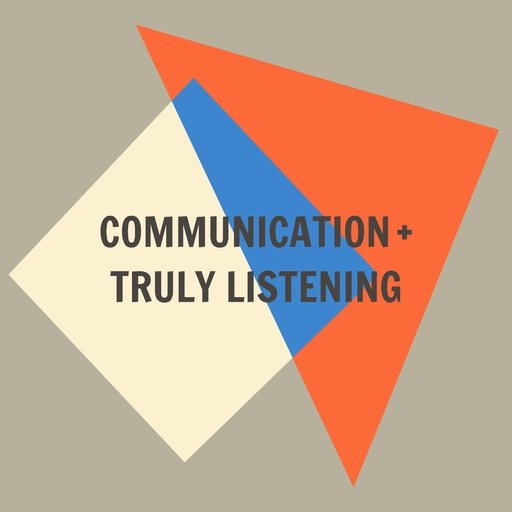Powertools: Artistic Strategies for Social Change is an online publication about art and diversity. The essays you'll find in this publication examine the relationship between art and socio-political matters of power. This essay collection and the accompanying online course will be invaluable to teachers and students in art school and beyond.
Powertools is an initiative from ArtEZ Studium Generale and was developed by Isis Freitas Vale Germano, Catelijne de Muijnck, Els Cornelis, Fabiola Camuti, Aude Mgba and Barbara Collé.
We very much hope that the perspectives offered in these essays will open the vocabulary they offer up as tools to generate powers. We look forward to hearing your stories on if and how they do. Please send an email to: studiumgenerale@ArtEZ.nl
Powertools is an initiative from ArtEZ Studium Generale and was developed by Isis Freitas Vale Germano, Catelijne de Muijnck, Els Cornelis, Fabiola Camuti, Aude Mgba and Barbara Collé.
We very much hope that the perspectives offered in these essays will open the vocabulary they offer up as tools to generate powers. We look forward to hearing your stories on if and how they do. Please send an email to: studiumgenerale@ArtEZ.nl

Introduction
This introductory essay by Isis Freitas Vale Germano is a considered deep dive into how to think about and act on diversity and inclusion in the art studio or classroom. The text addresses the need for a new language to speak about art and inclusion and strategies to do so in the making process.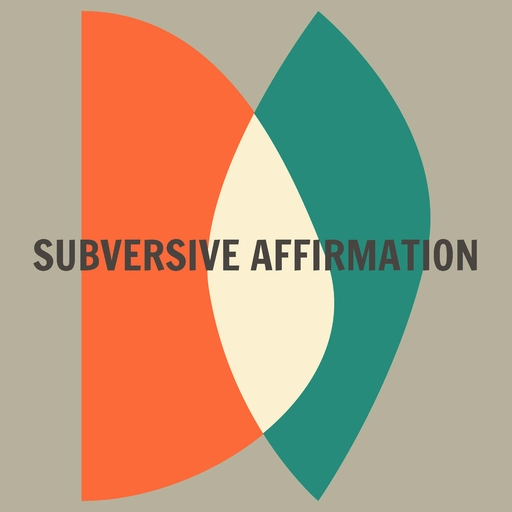
Subversive Affirmation
This essay by Liesbeth Groot Nibbelink and Sigrid Merx looks into critical mimesis as an artistic strategy. It discusses how artists imitate or copy non-theatre systems while subtly subverting them. Thus critiquing these existing systems and ideologies ‘from within’.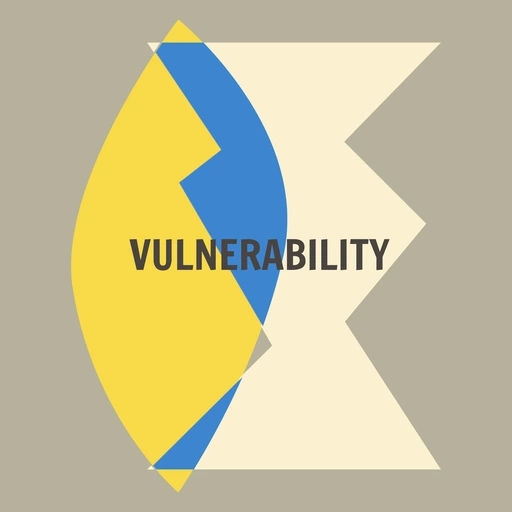
Vulnerable Looking
In this essay, Jules Sturm argues that transforming one's practice of looking by engaging with disability art and vulnerability is a potentially radical tool in one's art practice and in what that art-making can provoke.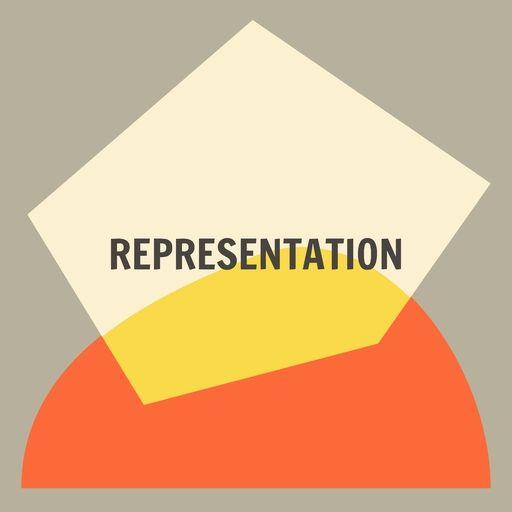
Representing the Self, Improperly
In this essay Milica Trakilović traces the multi-faceted meanings of Šejla Kamerić’s artwork Bosnian Girl by asking how a stereotype can be taken up and turned on itself. She explores strategies of resistance like trans-coding, mimesis and embodiment that engage with harmful stereotypes and create alternative meanings.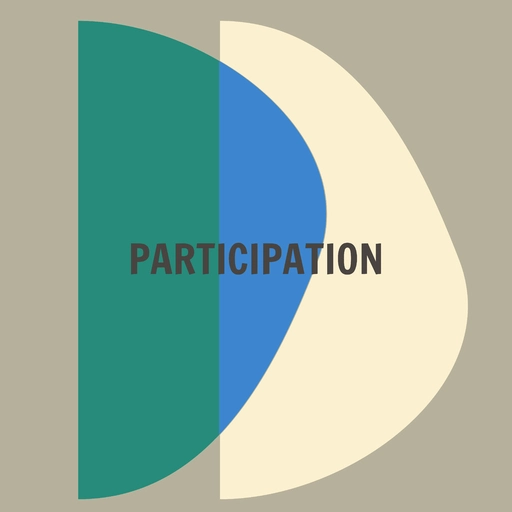
Critical Tactics in Participatory Art
This essay by Fabiola Camuti highlights some criticalities of participatory art and suggests some practice-based reflections on the possibility of contributing to building empowering tools using the following critical tactics: accessibility, agency, and articulation.
Is Crossing Boundaries Always Liberating?
This essay by Dick Zijp proposes transgression as a helpful concept to analyse the cultural practice of boundary crossing, focusing on the field of comedy. It demonstrates that the political implications of transgression largely depend on context.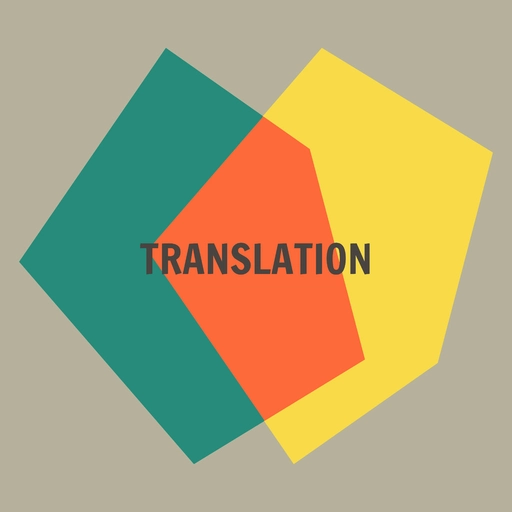
Can Translation Do Justice?
This essay by Sruti Bala offers reflections on the work of translation as a core task of the artist and art educator. Every artist and teacher concerned with social and planetary justice must find a mode of ‘translating’ the lives of those at the margins of society into a story, a performance, an artful encounter.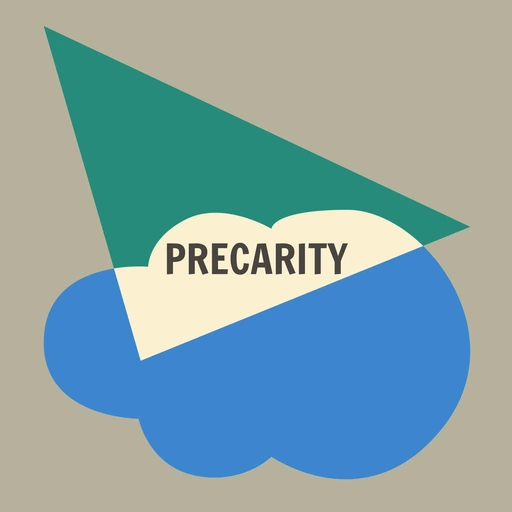
Art, Design and Architectural Practices Beyond Precarious Working and Living Conditions
This essay by Bianca Elzenbaumer invites artists, designers and architects to draw on feminist and post-humanist approaches to the world as points of orientation and inspiration for individual and collective action.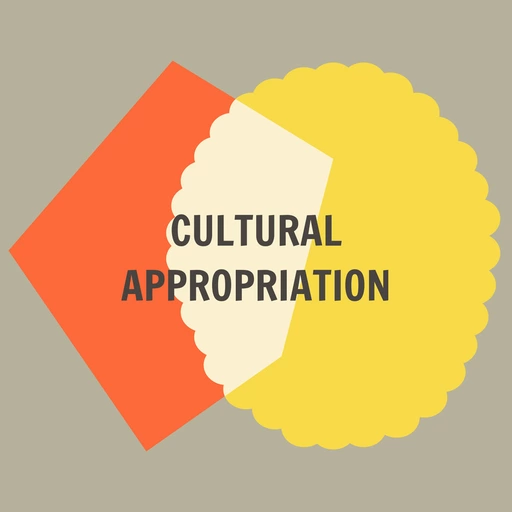
Appreciate, Don’t Appropriate
This essay by Renée Akitelek Mboya explores and expounds upon different examples and arguments around cultural appropriation. How can we mitigate the effects of cultural appropriation?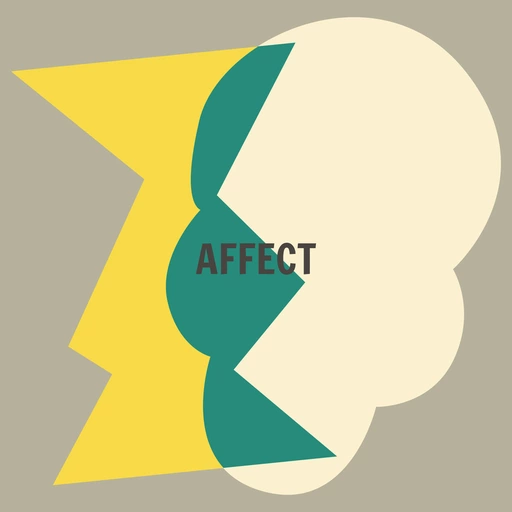
How is Affect Related to the Social?
This essay by Eliza Steinbock focuses on the question: How is affect related to the social? Steinbock describes the analytical frameworks propagated by affect studies that are useful for those concerned with social justice.